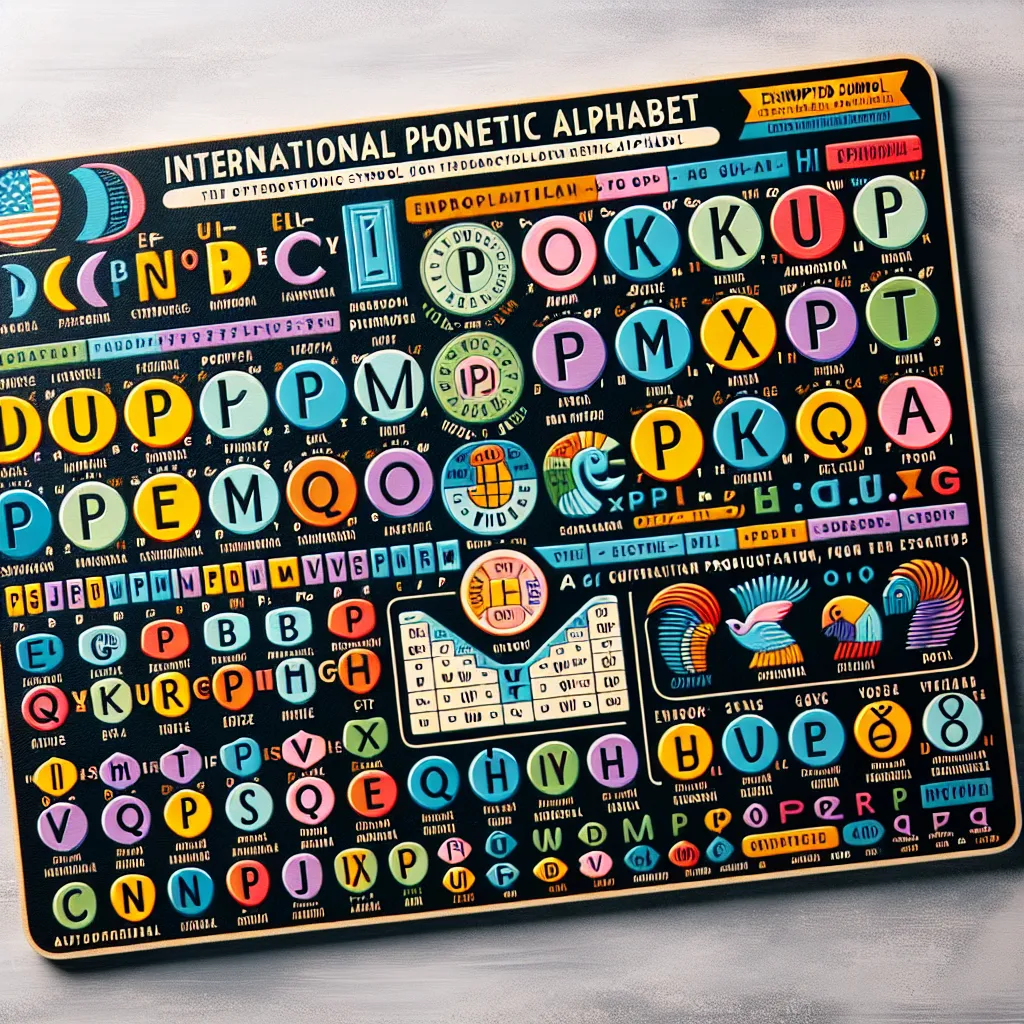Are you looking to enhance your English pronunciation skills independently? You’re in the right place! As an experienced English pronunciation teacher and content creator for LearnEnglish.net, I’m here to share valuable insights and practical tips to help you master English pronunciation on your own. Whether you’re a beginner or an advanced learner, this guide will provide you with effective strategies to improve your pronunciation skills and boost your overall English proficiency.
Understanding the Importance of English Pronunciation
Before diving into the techniques, it’s crucial to comprehend why proper pronunciation is vital in English language learning. Good pronunciation not only helps you communicate more effectively but also enhances your confidence when speaking English. It reduces misunderstandings and allows you to express yourself clearly in various situations, whether it’s for academic, professional, or personal purposes.
 Importance of English Pronunciation
Importance of English Pronunciation
The Basics of English Pronunciation
To improve your pronunciation, it’s essential to understand the fundamental components of English sounds. These include:
- Vowels and consonants
- Stress and intonation
- Rhythm and timing
- Connected speech
Each of these elements plays a crucial role in achieving natural and clear English pronunciation. Let’s explore some effective methods to enhance these aspects of your pronunciation.
Methods to Improve Your English Pronunciation
1. Listen and Imitate Native Speakers
One of the most effective ways to improve your pronunciation is by listening to and imitating native English speakers. This method helps you develop an ear for the language and familiarize yourself with correct pronunciation patterns.
- Watch English movies, TV shows, and news broadcasts
- Listen to English podcasts and audiobooks
- Use language learning apps that feature native speaker recordings
Try to mimic the speakers’ intonation, stress patterns, and individual sound pronunciations. Record yourself and compare your pronunciation to the original to identify areas for improvement.
2. Practice with Minimal Pairs
Minimal pairs are words that differ by only one sound, such as “ship” and “sheep” or “bet” and “bat”. Practicing with minimal pairs helps you distinguish between similar sounds and improve your ability to produce them accurately.
Here’s a simple exercise:
- Choose a pair of words (e.g., “pin” and “pen”)
- Listen to the correct pronunciation of both words
- Practice saying them aloud, focusing on the difference in vowel sounds
- Record yourself and compare your pronunciation to the original
3. Use Pronunciation Apps and Online Resources
Numerous apps and websites are dedicated to helping learners improve their English pronunciation. Some popular options include:
These tools often provide instant feedback, pronunciation exercises, and personalized lesson plans to help you target specific areas of improvement.
4. Focus on Stress and Intonation
English is a stress-timed language, meaning that stressed syllables in a sentence occur at regular intervals. Proper stress and intonation are crucial for natural-sounding English. To improve in this area:
- Practice emphasizing the correct syllables in multi-syllable words
- Learn common intonation patterns for questions, statements, and exclamations
- Read aloud, paying attention to the rhythm and flow of sentences
For example, in the word “photograph,” the stress is on the first syllable: PHO-to-graph. However, in “photographer,” the stress shifts to the second syllable: pho-TO-gra-pher.
5. Use the International Phonetic Alphabet (IPA)
The International Phonetic Alphabet is a standardized system for representing the sounds of spoken language. Learning the IPA can help you:
- Understand the exact pronunciation of words in dictionaries
- Identify and produce sounds that don’t exist in your native language
- Improve your overall awareness of English sounds
While it may seem daunting at first, familiarity with the IPA can be a powerful tool in your pronunciation journey.
 International Phonetic Alphabet Chart
International Phonetic Alphabet Chart
Quick Tips for Improving English Pronunciation
- Slow down: Speaking slowly allows you to focus on pronouncing each sound correctly.
- Exaggerate mouth movements: This helps in producing clearer and more distinct sounds.
- Practice tongue twisters: These exercises improve your ability to produce difficult sound combinations.
- Record yourself: Listening to your own speech helps identify areas for improvement.
- Use a mirror: Observing your mouth movements can help you adjust your articulation.
Common Pronunciation Errors and How to Fix Them
Many English learners struggle with specific sounds or pronunciation patterns. Here are some common errors and tips to overcome them:
- Th-sound: Practice placing your tongue between your teeth and blowing air out.
- Silent letters: Be aware of words with silent letters, like “knife” or “island”.
- Word stress: Learn the rules for word stress in English and practice emphasizing the correct syllables.
- Vowel length: Pay attention to the difference between long and short vowels, such as in “ship” vs. “sheep”.
- Final consonants: Make sure to pronounce final consonants clearly, especially -ed and -s endings.
For more detailed strategies on reducing pronunciation errors, check out our article on strategies for reducing pronunciation errors.
Phonemic Chart and Commonly Mispronounced Words
Understanding the phonemic chart can greatly aid in improving your pronunciation. Here’s a simplified version of the English phonemic chart:
- Vowels: /i:/, /ɪ/, /e/, /æ/, /ʌ/, /ɑ:/, /ɒ/, /ɔ:/, /ʊ/, /u:/, /ɜ:/, /ə/
- Consonants: /p/, /b/, /t/, /d/, /k/, /g/, /f/, /v/, /θ/, /ð/, /s/, /z/, /ʃ/, /ʒ/, /h/, /tʃ/, /dʒ/, /m/, /n/, /ŋ/, /l/, /r/, /j/, /w/
Here are 10 commonly mispronounced English words related to pronunciation improvement:
- Pronunciation – /prəˌnʌnsiˈeɪʃn/
- Intonation – /ˌɪntəˈneɪʃn/
- Syllable – /ˈsɪləbl/
- Phonetics – /fəˈnetɪks/
- Articulation – /ɑːˌtɪkjuˈleɪʃn/
- Rhythm – /ˈrɪðəm/
- Accent – /ˈæksent/
- Diphthong – /ˈdɪfθɒŋ/
- Consonant – /ˈkɒnsənənt/
- Vowel – /ˈvaʊəl/
Practice these words regularly to improve your pronunciation of key terms related to English phonetics and pronunciation.
For more tips on practicing English sounds at home, visit our article on how to practice English sounds at home.
Conclusion
Improving your English pronunciation on your own is a challenging but rewarding journey. By consistently applying the methods and tips outlined in this guide, you can make significant progress in your pronunciation skills. Remember to be patient with yourself and celebrate small victories along the way.
Regular practice, self-awareness, and the use of various resources will help you achieve clearer, more natural-sounding English pronunciation. Don’t hesitate to explore additional resources on our website, such as tips for mastering the English vowel chart or how to master English pronunciation through immersion.
We encourage you to share your experiences and ask questions in the comments section below. Keep practicing, stay motivated, and watch your English pronunciation skills soar!




